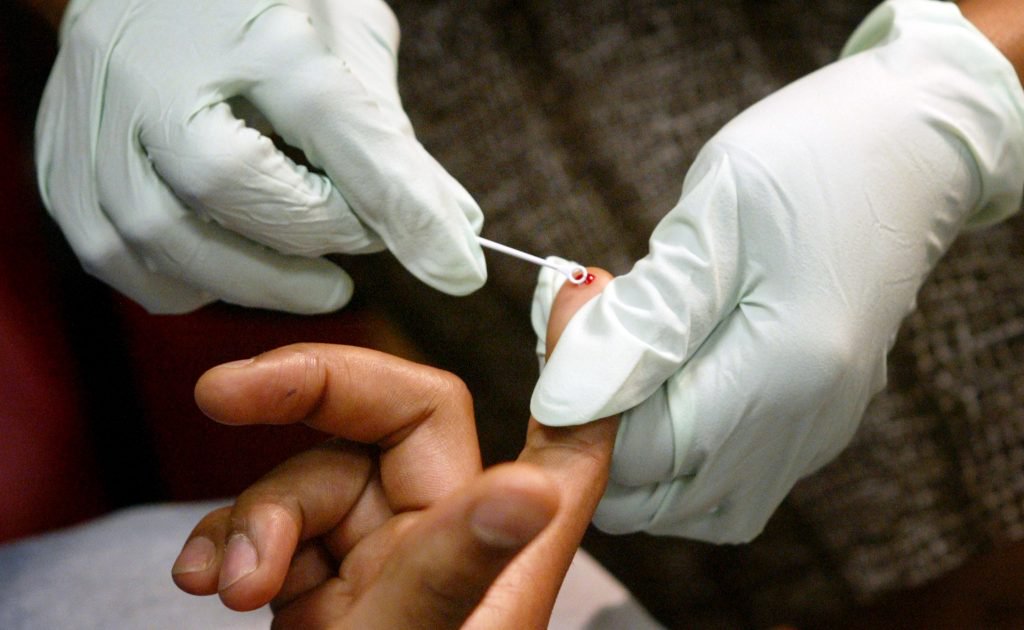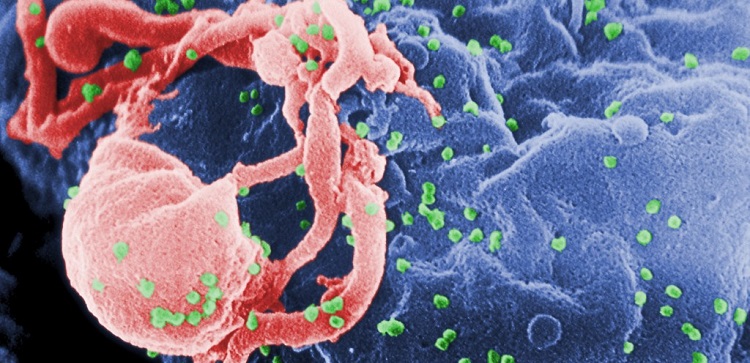People in London are more uncomfortable dating someone with HIV than the rest of the UK, new study revealed
The new study by the International Association of Providers of Aids Care published the results for World Aids Day
By Steve Brown

People in London are more likely to feel uncomfortable dating someone with HIV, a new study revealed.
Despite significant medical progress, HIV-related stigma still persists, and results released from a Europe-wide survey – which included more than 2,000 people in the UK – found that people living in the capital are more prejudice against people with HIV.
The results for the Is HIV Sorted? Survey conducted by the International Association of Providers of Aids Care (IAPAC), found that across the UK, around 71 per cent of people wouldn’t feel comfortable dating someone living with HIV. This number dropped to 67 per cent in London.
However, the survey also found that more than one-fifth (22 per cent) would be uncomfortable working with someone with HIV and around 45 per cent believe they shouldn’t be allowed to work as healthcare professionals.
For those living in London, around 43 per cent admitted they wouldn’t want someone with HIV working as a healthcare professional.
Also, only one in 10 respondents (9 per cent) across the UK understood the meaning of undetectable and this figure dropped dramatically to only one in 20 Londoners.
Around 44 per cent of people in London believed the virus could still be transmitted to others even if the HIV treatment was having the best effect possible.
Professor Jane Anderson, Co-chair, Fast Track Cities Initiative Leadership Group said: “In recent years we have seen great improvements in the treatment and care of the >100,000 People living with HIV in the UK.

“We’re proud that London has achieved the UNAIDS 90-90-90 targets; however, the Is HIV Sorted? survey results demonstrate that we cannot be complacent.
“It is evident from this data that we must not allow HIV to be deprioritised.
“Education and awareness-raising efforts across the UK must be prioritised to ensure the public are well informed about HIV and understand the issue of HIV-related stigma so we can work together to tackle the significant challenges that still remain in HIV prevention, diagnosis and care.”
The survey also looked at HIV testing rates in the UK and found that less than a fifth of respondents have had a HIV test in their lifetime.
In London, testing rates were higher with one quarter of respondents having had a test but more than half of these were completed more than five years ago.
Dr. José M. Zuniga, president/CEO from IAPAC, said: “These data are a wake-up call, and demonstrate that even in a high performing city such as London, where the UNAIDS 90-90-90 targets have been achieved, there is an ongoing need to increase HIV literacy among the general population, address complacency regarding HIV testing and prevention, and correct misperceptions that exacerbate stigma against PLHIV.
“Fast-Track Cities provides a platform to support this holistic approach in London, with the opportunity to share best practices so that we can achieve 90-90-90 across all UK cities.”
